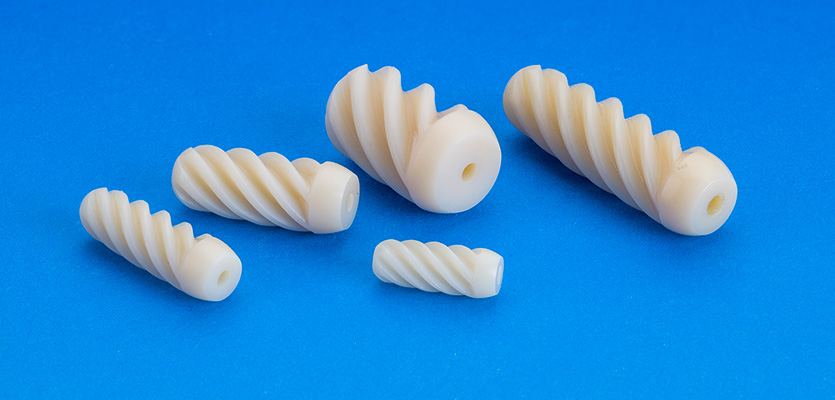Ameer Named to National Academy of Medicine
Election to the Academy is considered one of the highest honors in the fields of health and medicine
Northwestern Engineering’s Guillermo A. Ameer was one of three University faculty elected to the National Academy of Medicine (NAM).
Ameer is the Daniel Hale Williams Professor of Biomedical Engineering in the McCormick School of Engineering and a professor of surgery in Northwestern’s Feinberg School of Medicine, and also the founding director of Northwestern’s Center for Advanced Regenerative Engineering. He is director of the recently established Regenerative Engineering Training Program at the McCormick School of Engineering, supported by the National Institutes of Health.
“It is an honor to be recognized at this high level by my colleagues in medicine, healthcare, and health sciences, and it reflects the impact that our work in biomaterials and regenerative engineering is having in research, industry and patient care as per the commercialization of our biomaterial technology and the growth of the regenerative engineering field,” Ameer said.

NAM is one of three academies that make up the National Academies of Sciences, Engineering, and Medicine, and strives to improve human health by advancing science, accelerating health equity, and providing trusted advice on a national and global scale. Along with Ameer, the other Northwestern faculty recognized were:
- Elizabeth McNally, Elizabeth J. Ward Professor of Genetic Medicine, Feinberg School of Medicine
- Melissa Simon, George H. Gardner, MD, Professor of Clinical Gynecology, Feinberg School of Medicine
“We are extremely proud to see Guillermo recognized at this level,” said Northwestern Engineering Dean Julio M. Ottino. “He is an outstanding educator, researcher, and innovator. This is well deserved.”
Ameer’s laboratory is dedicated to the development of biomaterials and nanotechnology for regenerative engineering and medicine, specifically tissue engineering, medical devices, drug delivery and cell delivery applications, to improve surgical outcomes and patient care.

“This honor, which also belongs to my multidisciplinary research team, certainly validates the importance of regenerative engineering and biomaterials research in improving the outcomes of healthcare delivery and enabling the widespread practice of regenerative medicine. It will help me continue to translate our research into frameworks, tools, and technologies that are useful to fellow researchers, clinical practitioners and the community in general,” Ameer said.
His laboratory is widely recognized for pioneering regenerative biomaterials based on a novel class of biodegradable polymers containing citrate and using them to regenerate a variety of tissues and organs. Citrate-based polymers were initially developed by Ameer’s team almost 20 years ago for applications in vascular and orthopaedic tissue engineering.
We are extremely proud to see Guillermo recognized at this level. He is an outstanding educator, researcher, and innovator. This is well deserved. Dean, Northwestern Engineering
The citrate-based biomaterial technology CITREGEN prompted the commercialization of new medical devices approved by the FDA that are used in musculoskeletal surgeries. The new biomaterial technology, the first thermoset biodegradable synthetic polymer ever used in implantable medical devices, contains unique chemical and mechanical properties that help grafted tissue heal.
The new biomaterial technology, the first thermoset biodegradable synthetic polymer ever used in implantable medical devices, contains unique chemical and mechanical properties for orthopaedic surgical applications that help grafted tissue heal.
Ameer is an inventor on 60 issued and pending patent applications and has founded several companies based on his research. Most recently, Ameer was elected Fellow of the Materials Research Society and received the Society for Biomaterials Clemson Award for Contributions to the Literature.